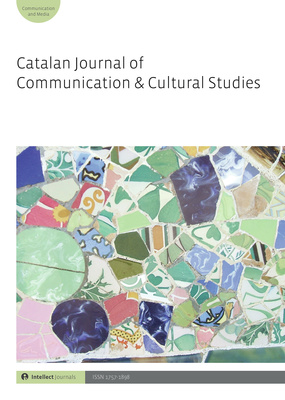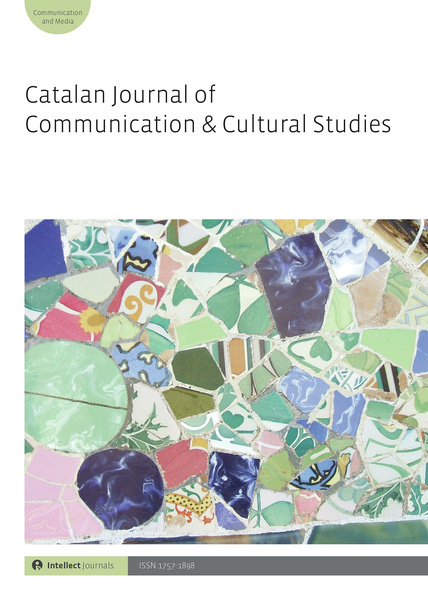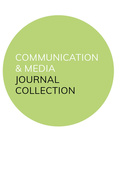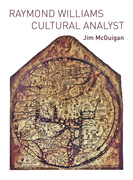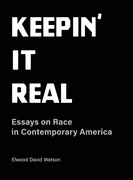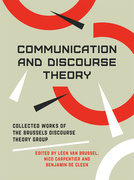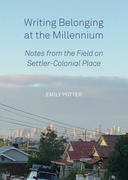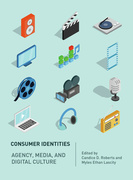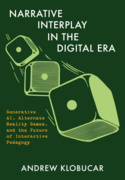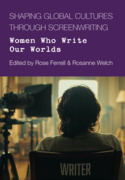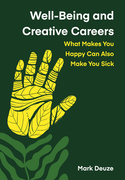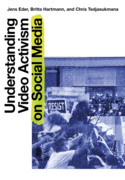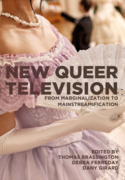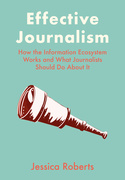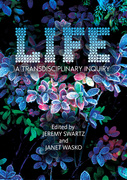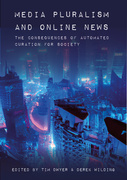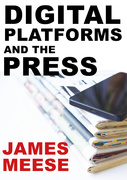General Call for Papers
Yearly cut-off date for miscellaneous issues: 1 October
We welcome miscellaneous contributions at any time from scholars, researchers and professionals from around the world who wish to publish their works in a journal with a truly international scope and readership. Each year on October 1st the deadline for submissions for the next miscellaneous issue closes.
CJCS accepts original contributions under the following headings and conforming to these guidelines:
Articles
Articles should be between 6,000-7,500 words (including references). They must be based on original research or offer well grounded theoretical contributions, they must be written in a clear and concise style in English and they must not be under consideration by any other publication. In the first instance the author(s) must sent one anonymous copy of the article containing an abstract (max. 150 words) and keywords (max. 6) and attach a separate sheet with the title of the article, name of the author(s), institutional affiliation, abstract, keywords, references of the article, biographical note and institutional address and e-mail. Authors must avoid any information within the article which make it possible to infer their identity (acknowledgements must be avoided at this stage and references to their own work must be done in the third person). All articles are submitted to a blind peer reviewing process. Manuscripts will be evaluated on the basis of their originality, the soundness of their theory and methodology, the coherence of their analysis and their ability to communicate to readers (including non-specialist readers).
All submissions and proposals must be uploaded through the Submit link on this page.
Please read the Notes for Contributors at the top of this page suggested by CJCS before submitting.
Viewpoint
This section will include research notes, short commentaries, reflections on current affairs, cultural and media events, short interviews, etc. Experts, leading scholars, experienced professionals and senior researchers are invited to submit their proposals, which will be selected also in accordance with academic criteria and depending on the availability of space. Contributions for this section should not exceed 3000 words in length and are submitted to a double-blind peer reviewing process.
Gateway
The Editors of CJCS will select an article from those previously published by Catalan academic journals for publication in this section. Gateway will give international coverage to the best articles written and published originally in Catalan. The Editors will select the work using the abovementioned criteria and the authors must seek permission for translation and publication in CJCS. We encourage researchers to suggest articles for this section along with an argument for their suitability.
Reviews
CJCS also publishes short book reviews, in English and commissioned by the Editors, about leading editorial projects in Catalan/Spanish or English in keeping with the aims and scope of the journal.
Journal contributors will receive a free PDF copy of their final work upon publication. Print copies of the journal may also be purchased by contributors at half price.
Special Issue Call for Papers
Call for Articles CJCS Issue 17.2
Special Issue: 'Ludomythologies: the Creation, Circulation & Transformation of Imaginaries in Games'
2 May 2025: deadline for full proposals
Guest Editors:
Dra. Ana Beatriz Pérez Zapata (Fundación TecnoCampus - Universidad Pompeu Fabra)
Dr. Alberto Murcia Carbonell (Universidad Carlos III de Madrid)
Dr. Mateo Terrasa Torres (Universidad Católica de Valencia)
The concept of myth, as located at the intersection between universal permanence and historical transformation, constitutes an extremely complex epistemological terrain. Far from being reduced to simple narratives or false beliefs, myths are configured as a dynamic system of meaning that operates in multiple temporal and cultural dimensions.
Two key conceptualisations of myths, regarded as transcendent or immanent phenomena, are relevant for their study in contemporary narratives. On the one hand, Mircea Eliade's (1999) perspective presents an understanding of transcendent myths as a modality that goes beyond historical time and thus connects the present with a primordial origin (in illo tempore). This conception sees myth as an archetypal structure that remains unchanged, regardless of its contextual manifestations. Authors such as Kerényi and Jung (2004) delve into this vision that understands myth as a repository of universal meanings that reverberate beyond their specific spatiotemporal coordinates and that take on specific forms “in the present” (Planells de la Maza et al., 2023). Following this framework, a mythologem is understood as a universal question, a myth as a story that connects the human with the transcendental, and mythemes as irreducible narrative units that contain a symbolic essence (Lévi-Strauss, 1955; Losada, 2022).
On the other hand, Roland Barthes's (1999) perspective introduces a radically different approach through the concept of immanent myths. Such myths are for Barthes the result of an ephemeral, individual, and social process of deformation of reality. This conceptualization highlights the relative nature of myth and ties it to the specific social and historical consciousness of each moment in its form of myth “of the present” (Planells de la Maza et al. 2023). Unlike the transcendent perspective, immanent myths are marked by their contingent and contextual character, the social production of meaning, the constant transformation of collective imaginaries, and a permanent negotiation that seeks the exploration of the world (Coupe 1997).
Without prejudice to this theoretical distinction between transcendent myths "in the present" and immanent myth "of the present", the truth is that myth reveals itself as a fundamental epistemological device to understand processes of cultural significance. Neither completely universal nor totally contingent, it represents a system of interpretation that allows societies to permanently negotiate their collective imaginaries. Therefore, its true theoretical richness lies precisely in the dynamic tension between the transcendent and the immanent, between archetypal structures and their permanent historical reconfiguration.
In video games, myth occupies a central role in its relationship with ritual (Huizinga, 1938; Turner 1977, Horrigan 2021), the game as a textual object (Salen & Zimmerman 2003, Cole & Barker 2020) and the game as an activity (Suits 1978, Sicart 2014). Under conceptualizations such as “mythgame” (Garin 2009), “mytholudics” (Ford 2022) or ludomythologies (Planells de la Maza et al. 2023), the academic production from Game Studies is still scarce, although some approaches stand out, such as those focused on mythopoeia (Cragoe 2015, Rone 2020), the regeneration of ludomythic structures (Farca et al., 2020), the link with literature (Todor 2010), the mythical representation in commercial games (Galanina and Salin, 2016, Galanina and Baturin 2020) or the remediation of transcendent myths (Cassar 2013, Guyker 2016) and immanent myths (Yoon 2021) in the field of digital entertainment.
Therefore, this Call for Papers aims to explore and analyze in depth the complex relationships between the concept of myth and the multiple perspectives of play and games in order to understand how they intertwine in different cultural, social and symbolic contexts.
TOPICS
This volume devoted to mythology and games invites researchers from transversal disciplines (such as Game Studies, Narratology, Anthropology, and, in general, those within the Humanities and Social Sciences studying relevant aspects of myth) to submit their studies on the matter. Their research may deal with international, regional, national, or local scopes.
Researchers are invited to submit full articles and viewpoint articles on topics that may include, but are not limited to, the following:
- Classical myths in games and video games: processes of ludic remediation and reappropriation.
- Contemporary myths in games and video games: processes of ludic genesis.
- Non-European mythologies in contemporary games and video games.
- Universal plots, narrative motifs, and narratological aspects of games and video games.
- Mythic temporalities and spaces as frameworks for videoludic agency.
- Heroic archetypes and social stereotypes in games and video games.
- Comparative studies between mythic structures in other media (literature, film, T.V.) and games.
- Player communities and processes of negotiation with collective imaginaries and/or ideological frameworks pertaining games and video games.
- Industrial and creative practices linked to the narrative design of collective imaginaries.
Research articles should be around 7,000 words in length, while Viewpoint articles should not exceed 3,000 words (including notes and references).
PUBLICATION SCHEDULE
28 April 2025: deadline for full articles
Full articles should be submitted on the Catalan Journal of Communication & Cultural Studies web platform by 28 April 2025, following the Author Guidelines.
11 July 2025: final decision letters
Fall 2025: issue published
All selected contributions will be subjected to double blind peer review, except for the Viewpoint articles, which will be evaluated by the Editors.

